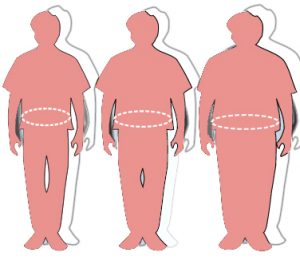Have you resolved to quit smoking this year? If so, you’ll feel healthier, enjoy a better quality of life and  save money. Several tips, including this short list, help you find success.
save money. Several tips, including this short list, help you find success.
Keep a Craving Journal
In the week before your quit date, record details like when cravings hit and their intensity, how often, where and with whom you smoke and how you feel after you smoke. This information assists you in choosing smoking cessation tips and tools that address your specific needs.
Schedule a Quit Date
Saying you’ll quit one day isn’t enough. You need a specific date, preferably in the next week or so before you lose your resolve.
Tell People Your Plan
With accountability, you’re more likely to succeed. So tell the people in your life about your plans to quit, and ask a few close family members, friends, neighbors or coworkers to encourage and support you.
Anticipate the Challenges
No matter how much you want to quit, you’ll face challenges like insomnia, cravings, headaches or depression. Many quitting smokers resume their habit within three months, but anticipating challenges increases your chances for success.
Remove Tobacco
You can’t be successful if you store or hide cigarettes, lighters or ashtrays anywhere at home or work. Toss all tobacco-related products and consider deep cleaning your home’s carpets and furniture as well as your car to erase everything from your past.
Consider Medication Your doctor can recommend gum, lozenges or a patch as you quit your habit. He or she can also prescribe medication that addresses depression, anxiety, stress or other feelings and emotions that affect your smoking patterns.
Take up a Hobby
Exercise, meditate, draw or do some other hobby that keeps your mind and hands busy. These distractions help you get and stay healthy.







 Whole life insurance is one of several life insurance options you can invest in. It provides coverage for as long as you pay the premiums, and you can withdraw cash from the benefits balance before you die and pay for travel, medical care or other expenses.
Whole life insurance is one of several life insurance options you can invest in. It provides coverage for as long as you pay the premiums, and you can withdraw cash from the benefits balance before you die and pay for travel, medical care or other expenses.




